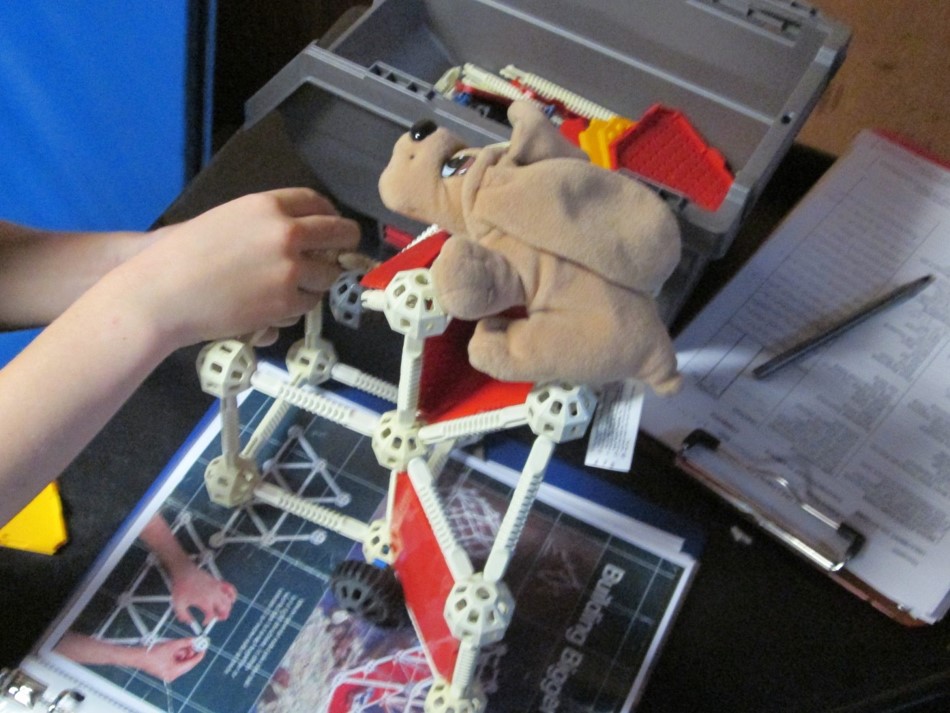When presented with a child who has weak “upper body strength” (generally meaning low tone throughout, including poor postural control, slushy or dysarthric speech, poor ocular motility/ visual search patterns, and poor spatial orientation), the need to follow a developmental frame of reference comes into view. While engaging the interest and intellect of the child is a key part of intervention, use of strategies
Learn more
Our knowledge about concepts such as body scheme, personal space, and near space perception has grown tremendously over the recent years. This has largely been due to a broad array of neurophysiological, neurokinesiological, and neuropsychological research evidence. Bringing these concepts down to the practical level of function and intervention for the child with SPD can be daunting. However, given advances in fmri and DTI
Learn more
For youngsters with sensory processing disorders, use of oversized manipulatives necessitates use of an additional layer of cognitive control. Rather than just taking a quick glance at the picture, and moving into action, completion of this task will require interaction among multiple sensory systems. This series shows an activity Integrating vision with touch, movement and language. Learning goals achieved through multisensory input include, but
Learn more
Parents may want to know that there is a developmental sequence for introducing visual motor integration basics to children who have deficits in this area. The sequence begins with having a steady base of support that acts upon a stationary target. (i.e. an infant holding onto a bottle with both hands while sucking). The progression develops so that the child can reach for moving
Learn more
Self–regulation is the ability to monitor and control one’s own behavior, emotions, or thoughts, altering them in accordance with the demands of the social and physical environment. The 4 main components of self-regulation have been referred to as the 4 A’s of infancy: Affect Attention Action Set Arousal The disordered quality of any one of these factors is most easily seen during infancy through the
Learn more
Parents: Because the vestibular system is one of our most primitive sensory systems, it is connected to other basic systems necessary for survival on a reflexive level. This means that your child does not even have to think about key responses when the vestibular system is activated. The vestibular reflexes serve to tie in vision, language and postural reactions on an automatic basis. This
Learn more
Praxis: (Practice, as distinguished from theory; application or use, as of knowledge or skill) Many children with sensory processing disorders show signs of “Dyspraxia” which is a form of developmental coordination disorder (DCD) affecting gross and fine motor coordination. This photo shows use of a lycra swing as one way to stimulate body awareness. The material provides for a snug fit with deep
Learn more
Researchers are now telling us what we already intuitively knew. Namely, that children who have difficulties with spatial concepts are far more likely to have challenges in math than their peers. Building geometric shapes with grapes and toothpicks has been a favorite way to have children grasp concepts of trajectories, alignment, bottom-up models of construction, and many other visual-spatial concepts. It’s also fun!
Tactile processing is the ability to detect and interpret touch sensations arising from the skin, muscles and joints. This is a key component of body scheme, the cognitive awareness of the organization of body parts. This is one of the largely “hidden” senses we use in daily living skills when touch, rather than vision is used to guide our actions. Skills such as oral
Learn more
There’s an interesting use for what he’s building…



